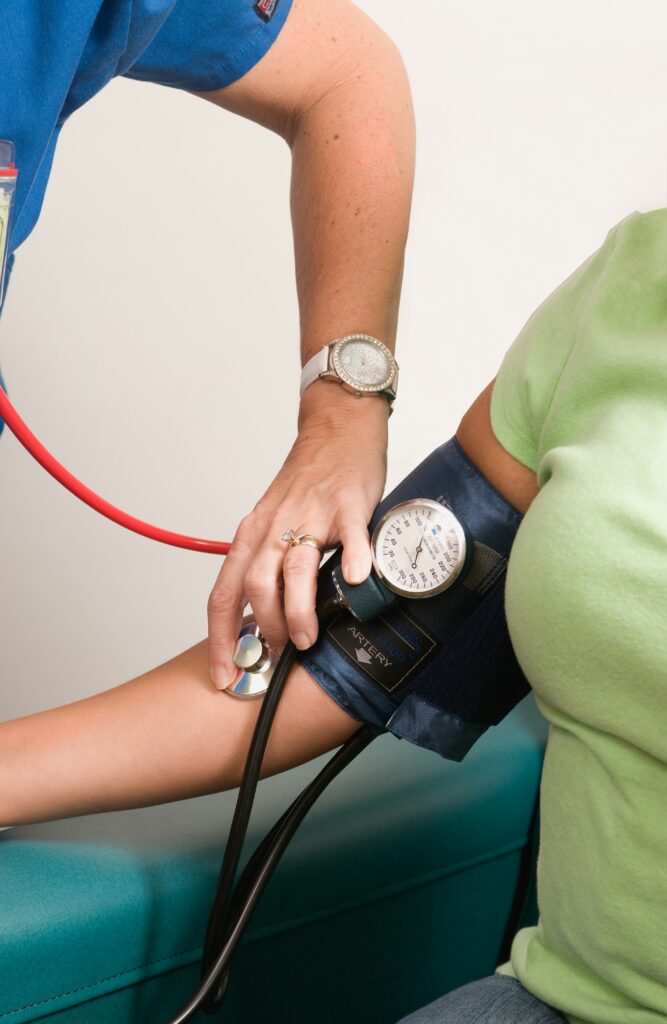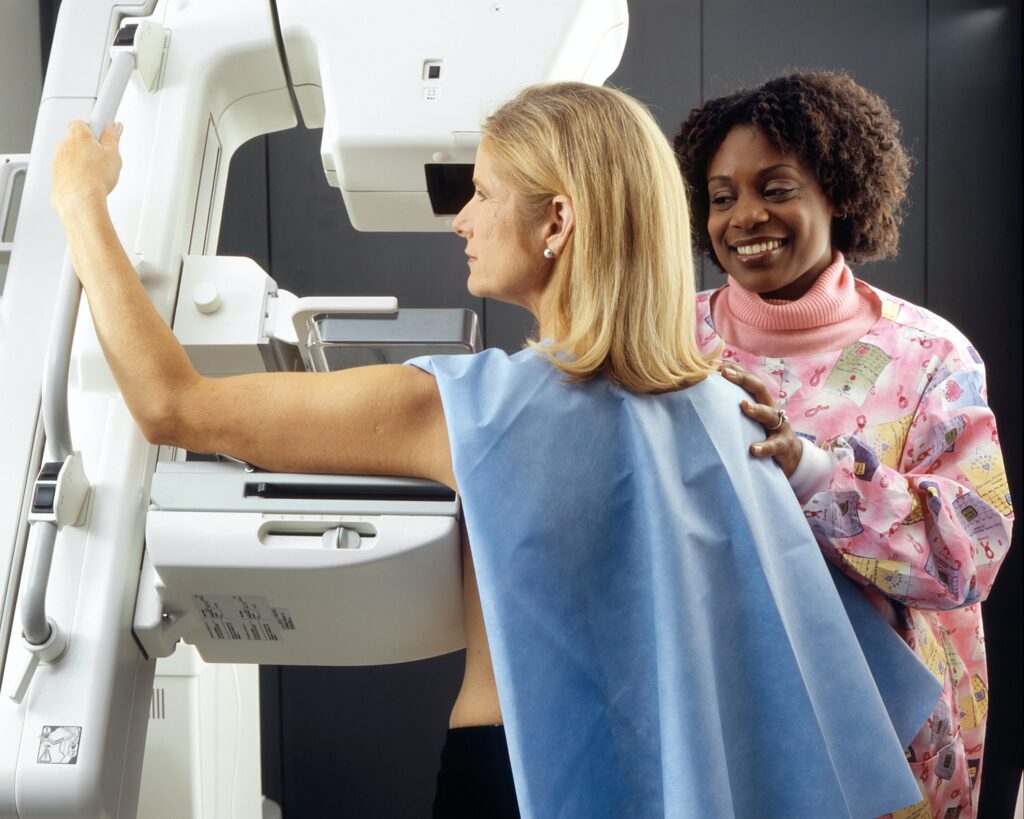With a month to go before the year ends, some patients may be thinking about squeezing in their check-ups and labs this month, or maybe scheduling tests as soon as the new year begins.
Deciding to take charge of your health is always a good thing, but it can be difficult to get started if you don’t know where to begin.
In general, all adults should have an annual physical exam. The premise for a yearly check-up is the prevention of illness and to catch health conditions before they cause any problems or complications. And it’s never too early or too late to start taking care of your health.
When you are first seen, your doctor will ask about your health history, any symptoms and any current medications. Your vital signs will then be checked and a physical examination will be done.
Then your doctor may recommend health screening tests, which will vary based on factors such as gender, family history and your current condition.

While guidelines recommend screening tests starting at around 40 to 45 years old, the timing of tests also depends on the likelihood that you might develop a certain disease, or what your risk factors are for getting sick. So be sure to tell your doctor everything that might concern your health — symptoms, supplements or herbal medications, previous surgeries any significant health conditions in the family.
Common health screenings include the following:
1. Blood pressure measurement. This should be done regularly starting in early adulthood.
2. Cholesterol test. This is called a lipid profile, usually done after fasting for 10 to 12 hours. This is generally recommended every four to six years starting in your 20s.
3. Blood sugar test (for diabetes). Usually starts at age 45, or earlier if risk factors are present, such as a family history of diabetes, obesity, or diabetes during pregnancy (gestational diabetes).
4. Colonoscopy. As with most cancers, if discovered early, treatment can be curative and patients can live a long healthy life afterward. The current recommendation for colon cancer screening is to start at 50 years old for those without a personal history of colon polyps or a family history of colon cancer. For those with a history of colon cancer in the immediate family, screening should start at 40 years old, or 10 years before the age of diagnosis of colon cancer in the youngest affected first-degree relative, whichever is earlier.
5. Pap smear (for women). Women of childbearing age and those planning to start a family should have regular visits with their obstetrician-gynecologist. It is recommended for Filipinas to have pap smears starting at 21 years old, and repeated every one to three years.
6. Mammogram (for women). Self-breast exams should be done regularly, and yearly mammograms should be done starting at 50 years old, but can be done as early as 40 years old, depending on risk factors and family history.
7. Prostate check-up (for men): Screening for prostate cancer includes a test called prostate specific antigen and a digital rectal exam, starting at around age 50-55.
8. ECG and treadmill stress test. These are not usually required annually but should be considered in patients who have unusual chest pain, abnormal findings on previous ECGs and known heart disease. Ask your doctor if these or any other tests are right for you.
Remember that these are general guidelines, and individual circumstances may warrant earlier or more frequent screenings. The frequency at which these tests need to be repeated will also depend on the results of the initial tests.
If you haven’t seen a doctor recently, or if you have new or unusual symptoms, don’t put off that check-up. The sooner you know, then you can take the steps necessary to stay in good health. If you do have any health conditions, remember to follow-up with your doctor regularly to prevent complications in the future.
